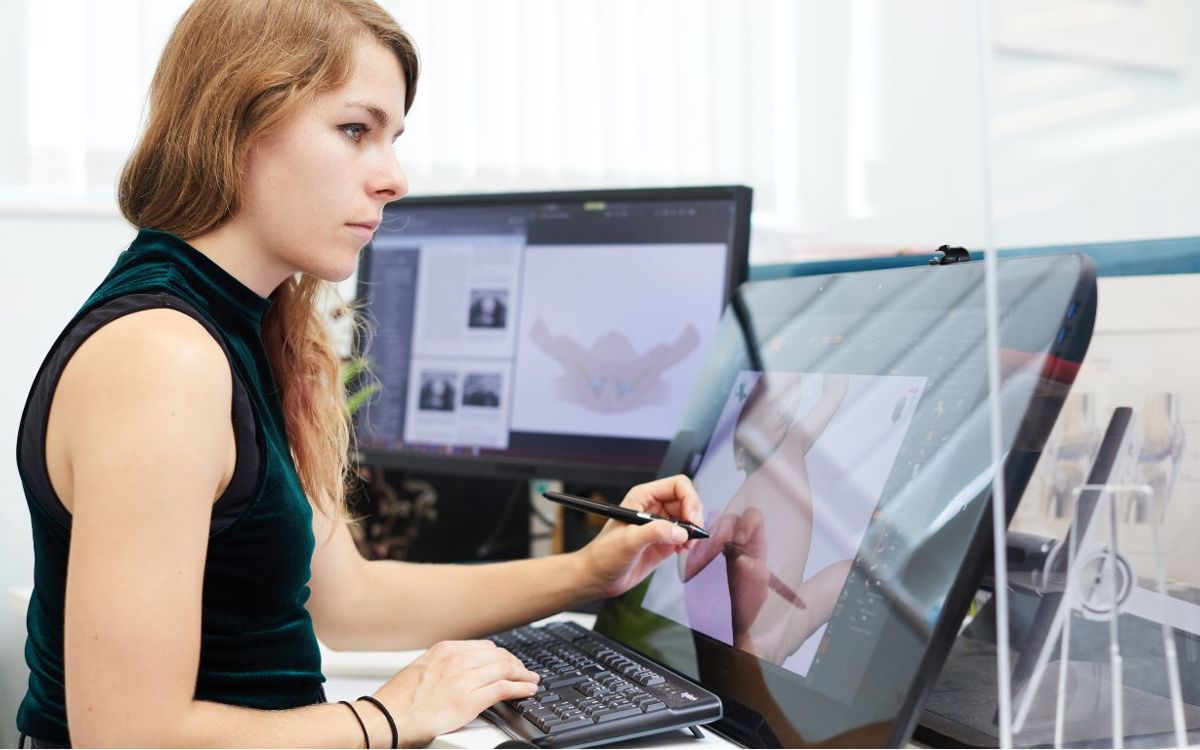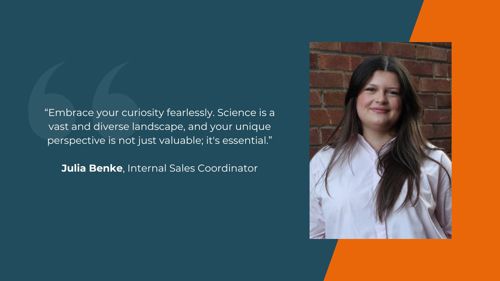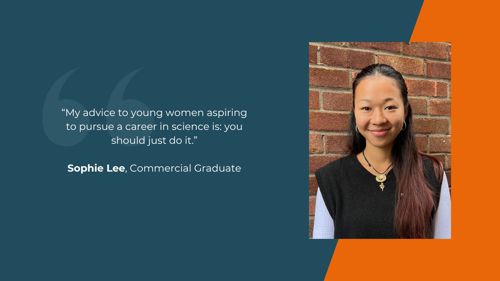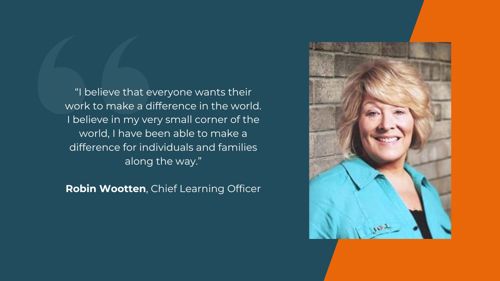Women in Science
On 11th February 2024, we'll be celebrating International Day of Women and Girls in Science! Read our article today to discover the journeys made through science by some of our Limbs & Things team.

11th February 2024 is International Day of Women and Girls in Science (IDWGS), and we want to acknowledge the hard work of so many women behind the scenes at Limbs & Things. It goes without saying that we’re very proud our founder, Margot Cooper; a female leader in science, and true pioneer in the medical simulation field from when she started Limbs & Things back in 1990. Her passion for science and innovation continues to inspire the people who work for Limbs & Things today.
In celebration of IDWGS, we’ve spoke to just a few of the many women working behind the scenes at Limbs & Things about their journeys in science and technology:
Renske Hoste joined Limbs & Things as a medical artist, after previously working as a physiotherapist. She says: “With both my mum and grandma working in medicine, I grew up around documentaries and books about health and the human body. Working as a physiotherapist, I realised that I enjoyed helping people and contact with patients, but I enjoyed anatomy and science communication even more! This inspired me to move to Scotland to pursue an MSc in Medical Art; a life-changing move that I haven't regretted for a single day.”
Sophie Lee is from our graduate team and has a scientific background in her education – her love of chemistry at school led her to study Biochemistry at the University of Bristol. Throughout her education, Sophie says she has “always felt an affinity towards science”, and is particularly interested in the science behind health disorders and the work of therapeutic agents to eradicate conditions or symptoms.
Robin Wootten, our Chief Learning Officer, has a BSc degree in Nursing. She defines her inspiration as her parents, saying: ‘My father always told me he thought I would be a nurse when I grew up because of my compassion for others.’
Julia Benke works in our Sales department, with a BSc degree in Biotechnology. Julia draws her inspiration from resilient trailblazers in history, such as Rosalind Franklin or Marie Sklodowska-Curie, and says it was their defiance of norms that fuelled in her a “passion for unraveling the complexities of the world around us”.

What advice do you have for young women aspiring to pursue a career in science?
RH: Don't pick the 'safe' option, pick the option that excites and interests you most!
SL: Just do it.
RW: If you are considering a job in healthcare, be sure you’re doing it for the right reasons. It’s not the type job you do for money – it’s hard but rewarding, sometimes sad, and always a challenge.
As a nurse, I have had the privilege to work at the bedside, lead other nurses, teach nursing at medical school, and work in simulation education. My degree has opened up many opportunities that have been diverse and rewarding. Whatever you do, keep improving yourself over time. Build within yourself a passion for lifelong learning so that you can continue to grow and prosper both personally and professionally.
JB: To aspiring young women in science, I share this advice forged through my role as a STEM ambassador: embrace your curiosity fearlessly. Science is a vast and diverse landscape, and your unique perspective is not just valuable; it's essential. Seek out mentors who champion diversity in science, surround yourself with a supportive community, and remember that your voice matters. You're not just in a lab, you're contributing to something bigger than yourself – own that power!

What do you find most fulfilling about your work in science?
RH: In the past year, I've been setting up and leading a very exciting project that I've been wanting to do for a long time. Watching someone go 'ohhh' in understanding after seeing our 3D anatomy app next to a person or model is really rewarding, especially since it will help real life people. In a way, I'm now creating what past me would've really wanted to use to learn anatomy!
SL: I enjoyed learning about the many things that go on inside the body, and also, dipping into mental health disorders and associated psychology gave me a better understanding and appreciation of the internal struggles someone may be going through. I recommend reading ‘Why We Snap’ and ‘The Power of Neurodiversity.’
RW: I believe that everyone wants their work to make a difference in the world. I believe in my very small corner of the world, I have been able to make a difference for individuals and families in my career.
JB: The "aha!" moments in science are pure magic. One minute you're neck-deep in experiments, the next you're piecing together the puzzle of a biological mystery. But the most fulfilling part? Seeing your work make a real difference. Whether it's genome mining or understanding how plants fight disease, you're leaving your mark on the world, one tiny discovery at a time – these moments are unparalleled.

What initiatives or changes would you like to see in the scientific community to promote diversity and gender equality?
RH: Have you ever noticed how anatomy and medicine are very often illustrated using healthy, young, white, muscular men? The people that really need to be represented in medicine and medical art are anything but that... If we as a scientific community could move away from that, we could introduce a lot more real-life representation.
SL: There should be more in medical research papers on about how different ethnicities may present different symptoms and make the patient more at risk for certain therapeutics. I would like to see myths from old research papers only involving men (hormonally stable, apparently), or lacking diversity in another way, completely eradicated.
RW: I believe that we need to seek to understand and respect cultures different from our own. I would love to see equal treatment of all patients, regardless of race or religion. I would most love to see a decline in maternal mortality for black and Hispanic mothers.
JB: In the quest for progress, building an inclusive scientific community isn't just a goal; it's a necessity. Initiatives should be established to actively encourage and support underrepresented groups, providing equitable access to resources and opportunities. Mentorship programs, especially those connecting aspiring scientists with successful women in the field, can be transformative – my journey is a testament to that! By acknowledging and dismantling systemic barriers, we pave the way for a more vibrant and innovative future in science.

As part of IDWGS, we want to support younger generations of girls to pursue their passions in science. This article highlights the different pathways into science that have been achieved by Limbs & Things employees in the hopes of inspiring other women to make a difference in science too. Looking for a job within our team? Head over to our Careers Page and get applying now.
Did you like this article?
Share it on social media today, and remember to tag us!

